Understanding the Snipe Class: National Secretaries and Nations
Who is the National Secretary? What is their role? What is their relationship with SCIRA, the Board, the Hemisphere Secretary, fleets, and members, and how are they elected? When can a SCIRA Country be recognized, and how is it organized?
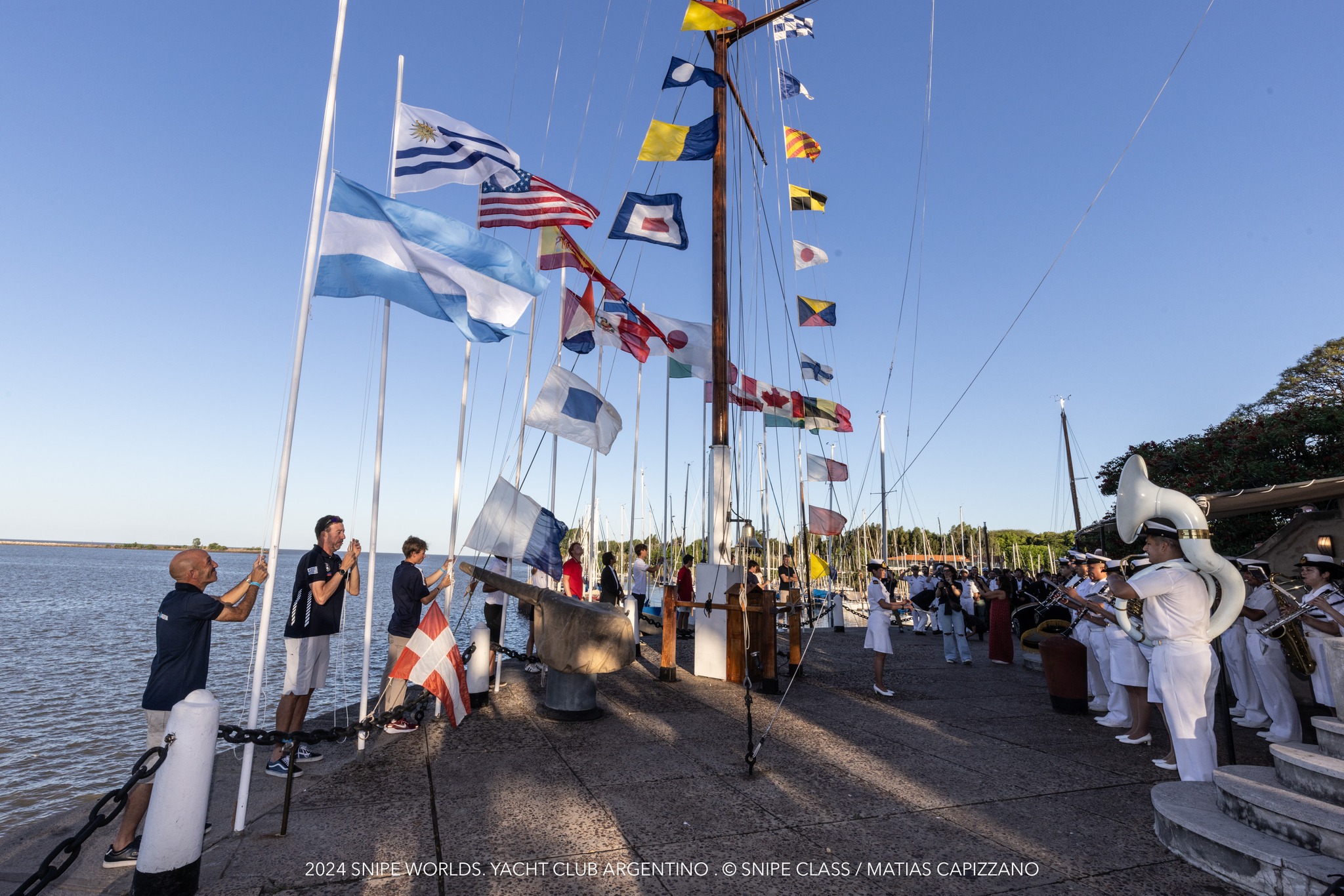
by Pietro Fantoni
Let’s begin by examining the functions and role of the National Secretaries (NS). The reference rule is Constitution Section 32.
The Core Role of the National Secretary
The National Secretary is first and foremost the representative of the Association in their specific country. This means they must enforce the Class Rules, the procedures, and ensure that both boats and members are current with their fees. While they are elected within their nation, they primarily represent the interests of the Association (SCIRA).
Therefore, promotional activity, the health, and the growth of the Class are a fundamental responsibility. As Section 32 states:
“National Secretaries, being direct representatives of the Association, shall promote more Snipe racing, aid the growth of new fleets, promote inter-fleet and inter-country racing and shall in general have full charge of Snipe activities in the countries that they represent.”
Key Relationships and Duties
The NS acts as the direct liaison between the General Secretary of the pertinent hemisphere, the Board of Governors, the Executive Director, and the fleets of their country.
- Administration: All correspondence, dues, race results, and other Association matters are to be handled through the National Secretary.
- Technical Matters: The National Secretary shall not have powers to interpret the restrictions of the Class, such work being entirely done by the Technical Committee. It is NSs duty to submit such problems to the Technical Committee for settlement. They may, however, appoint measurers in their country.
- International Race Coordination: The NS is often in contact with the General Secretary of their continent regarding the calendar for major events (sanction regattas). They participate in continent-wide meetings (increasingly held online) to define a coordinated race schedule, thereby avoiding overlaps between the most important regattas.
- Reporting: During the Senior World Championship, the NS attends the meeting of National Secretaries with the Board, presenting their report on the state of the Class in their country over the past two years.
- Event Bidding: Together with local clubs and a representative of their National Sailing Federation (MNA), the NS presents and signs the bids for major international Class events. These bids are then voted on, depending on the event type and its respective Deed of Gift, by the SCIRA Board of Governors or the Continent’s National Secretaries.
- Class Rule Changes: The NS may submit proposals for amendments to the Class Rules, following the terms and procedures described in the Decision Making Process.
- Electing Hemisphere Officers: During the assembly held at the Open European Championship or the Western Hemisphere & Asia Championship, the NS elects their own General Secretary, as well as the other Hemisphere Officers.
These represent the NS’s functions towards the Association—their “foreign policy,” so to speak.
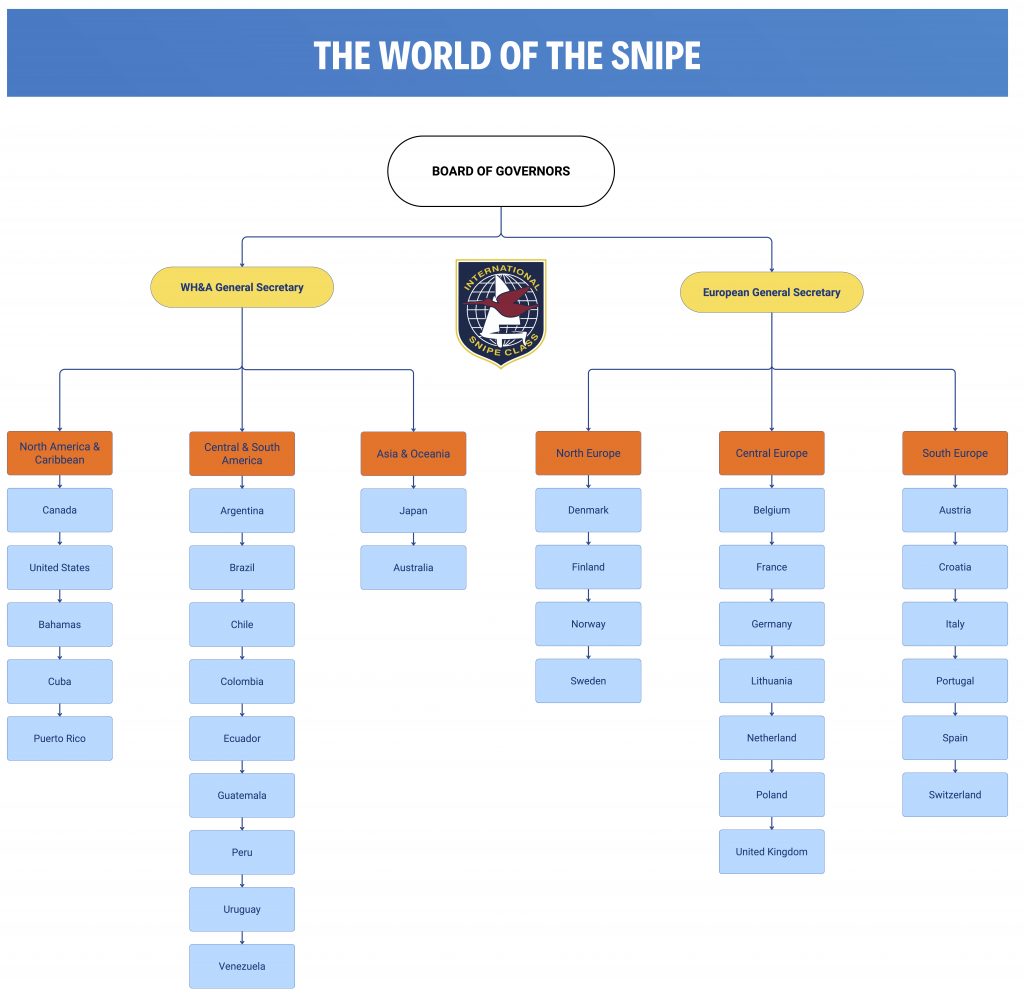
Internal Organization and Autonomy
Regarding “domestic policy,” the Constitution grants a wide degree of organizational autonomy. The only explicitly stated rules concern:
1. Relationships with Fleet Captains:
“Each Fleet Captain should be responsible for the filing with the National Secretary of complete results of the organized regattas.”
The NS must ensure fleets respect minimum requirements (refer to previous articles), that Fleet Captains are duly elected, and that local/district activity is coordinated with the national and international calendars.
2. Payment of Annual Dues:
The annual dues are determined by the Board of Governors, but each National Secretary may add a supplemental fee, retained by their country for local organizational needs:
“Each member of the Association and each owner of a Snipe Class boat shall pay to the Association dues applicable to his/her country, the amount being determined by agreement between the National Secretary and the Board of Governors.”
Election of the National Secretary
The Constitution grants maximum freedom regarding the election process and the organizational structure of the national Class association, simply stating: “Each nation shall elect a National Secretary.” And “Each National Secretary will serve for two years and iseligible for re-election. New officers will begin January 1st of even numbered years.”
This organizational freedom is underscored by the use of the verb “may” in Constitution Section 32, last paragraph:
“A National Secretary may establish procedural rules for the administration of the Class within his or her country. Such procedures may be reviewed by the Board of Governors and modified by the Board if deemed appropriate. A National Secretary may also establish and maintain a distinct legal entity of the Class within his or her own country. Such corporations, or legal entity’s governing documents and all changes thereto shall be reviewed by the Board of Governors and modified if deemed appropriate.”
The Constitution does not specify how the NS should be elected.
Normally, a small country, with only one fleet and/or with few owner and non-owner members, directly elects its National Secretary. A territorially large country, with many fleets located throughout its territory, perhaps also with different Districts, with lakes, seas and for some of them two coasts/seas/oceans, has a more complex structure.
In these cases, it is necessary to take into account the interests of the different fleets, the different regions, and the different districts (consider, for example, that this is how a rotation is maintained in the organization of the National Championship or a fair selection of qualification regattas for the World Championship).
For this reason, some countries elect their National Secretary (and in some cases the members of the Board) through the Fleet Captains or District Governors, essentially through their own delegates.
There are, in fact, nations that elect their National Secretary through the Fleets with the Fleet Captains (for example, Italy), or through a Board (the board consists of district governors elected by members of the district and several other positions). This happens in the USA.
In other countries, however large in terms of numbers, such as Spain, the National Secretary is elected directly by the members (owners and non-owners) with an online vote open for 24 hours, in which members can vote thanks to an accreditation code.
So in some cases, the election is direct, and in some cases, it is mediated through the fleets or districts.
Whether direct or mediated through fleets or districts, representation and democracy should be guaranteed, starting from the smallest unit: the Fleet.
The Constitution mandates that “fleets shall be headed by a Fleet Captain, elected by the members,” focusing primarily on democracy within the fleet while allowing nations broad autonomy for their national organization. Fleet “Meetings may be called by the Fleet Captain either at regular intervals or at the request of three or more members of such Fleets. A quorum shall consist of at least 50% plus one of the members that have paid dues for the current year. Vacancies occurring among the officers of a Fleet shall be filled by an election as soon as possible after the vacancy. In other respects, each Fleet shall be entirely self-governing except in matters conflicting with the rules of the Class. It is recommended that Fleet officers be elected for a 2-year term, taking office January 1st of each even-numbered year.”
Read also:
SCIRA Country Recognition
Finally, let’s look at when a nation can be recognized as a SCIRA Country. Following a lively debate on the recognition of “Small Countries” post-2016, the current reference rule is Constitution Section 18 – Recognition of Nation:
“To represent a Nation, a Member (owner or non-owner) shall be citizen or resident from at least one year and member of the MNA (Member National Authority recognized by World Sailing) of the Country he/she represents. Once at least one boat is registered and a National Secretary is elected, a County is recognized by the Association.”
There are countries with only one (or a few) registered boats whose members race primarily abroad (and may occasionally host a regatta). Their internal organization is simpler than nations like Japan, for example, but they are not excluded from participating in the Association’s activities. Their National Secretaries can attend continental meetings, contribute to Class development, and participate in major decisions.
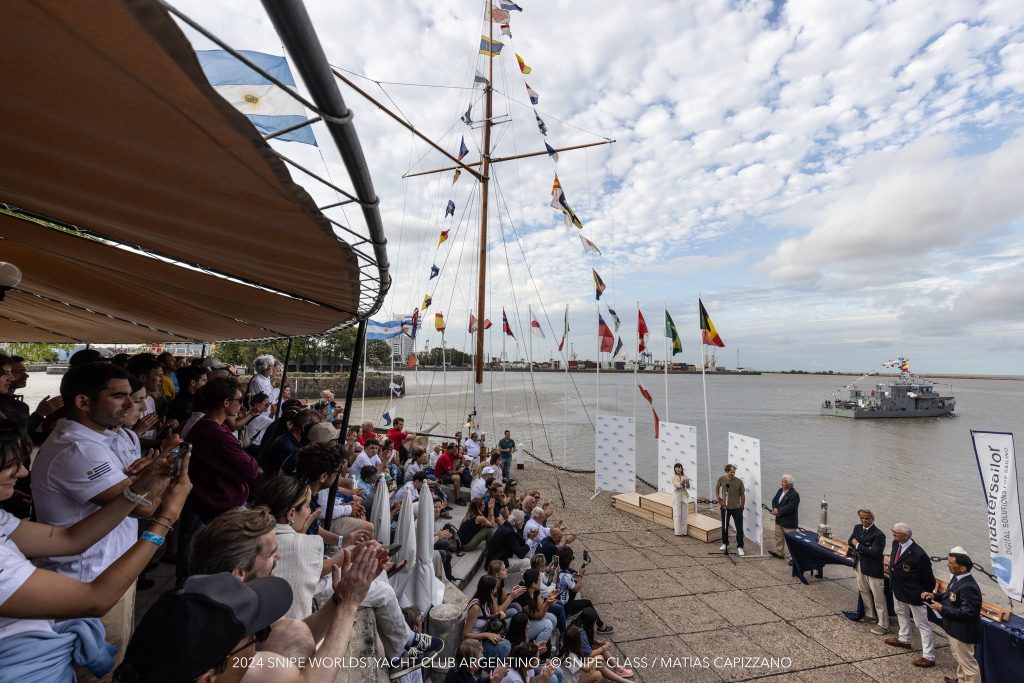
Leave a reply
Your email address will not be published. Your comment will be revised by the site if needed.

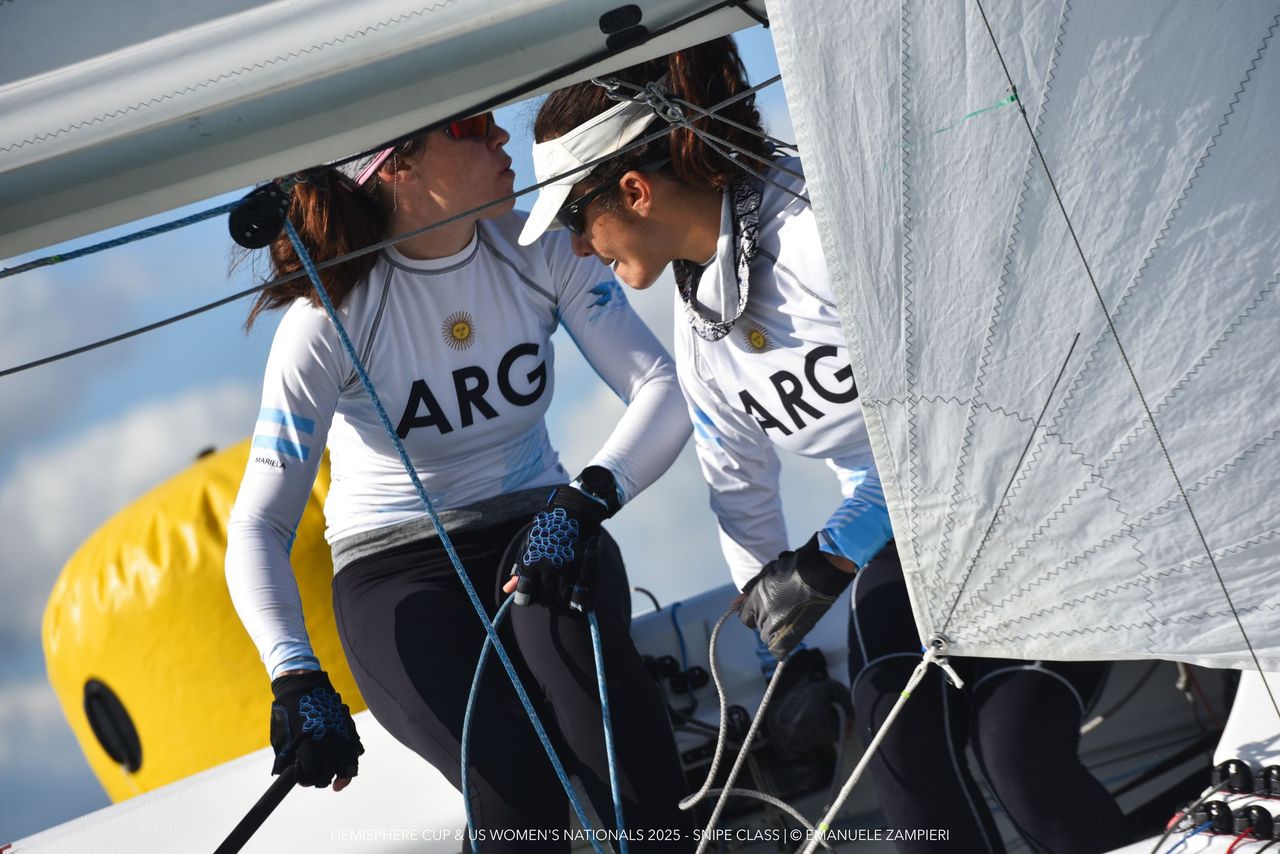
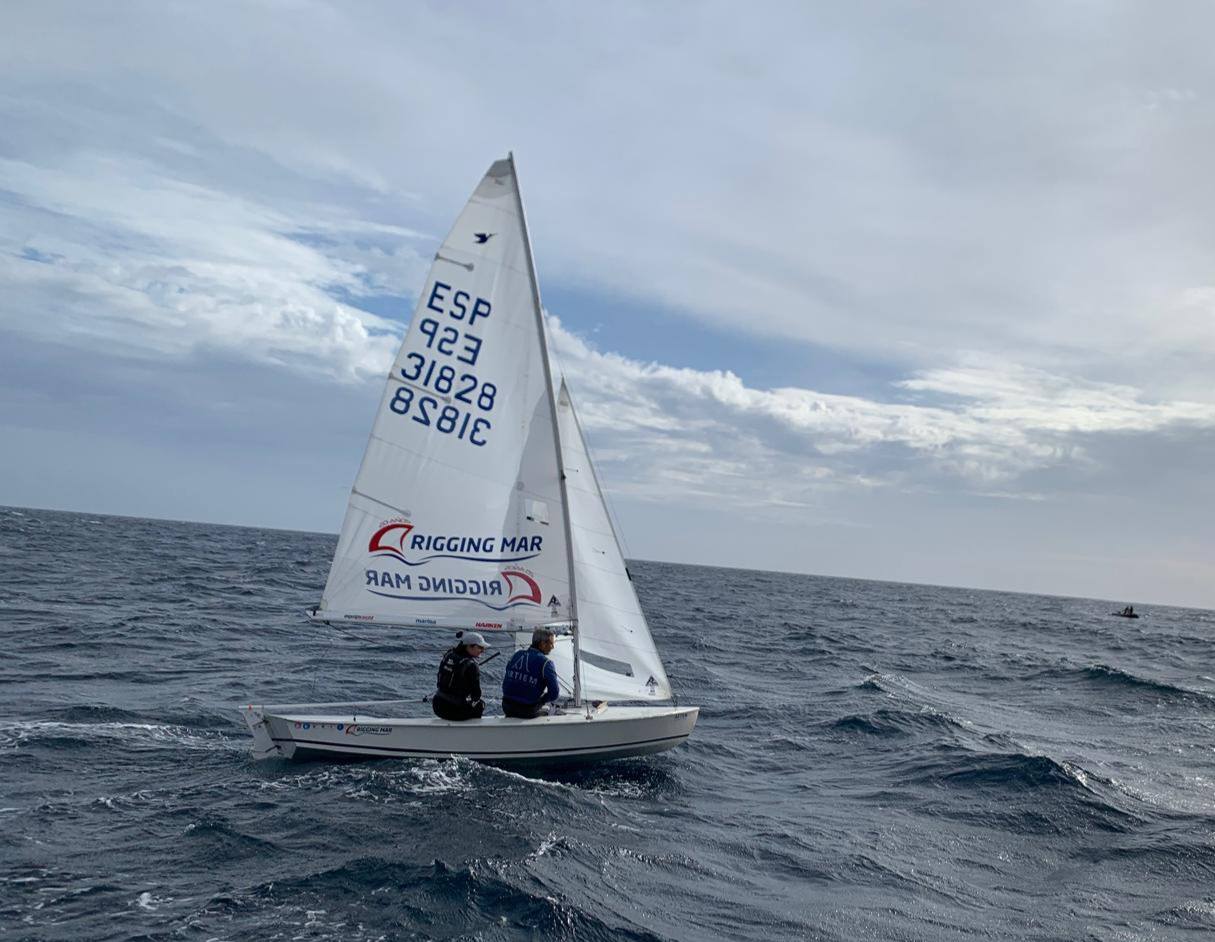
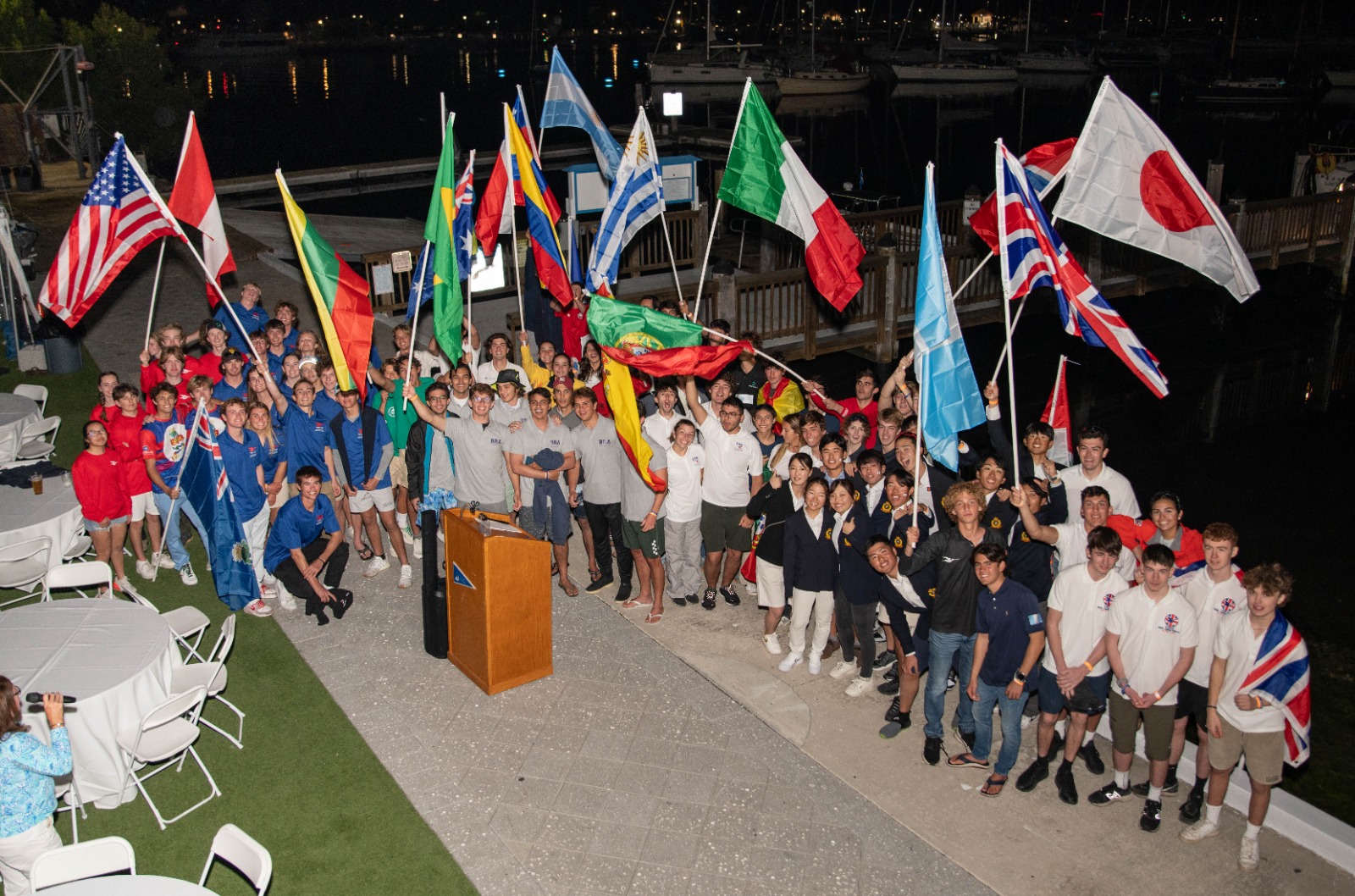
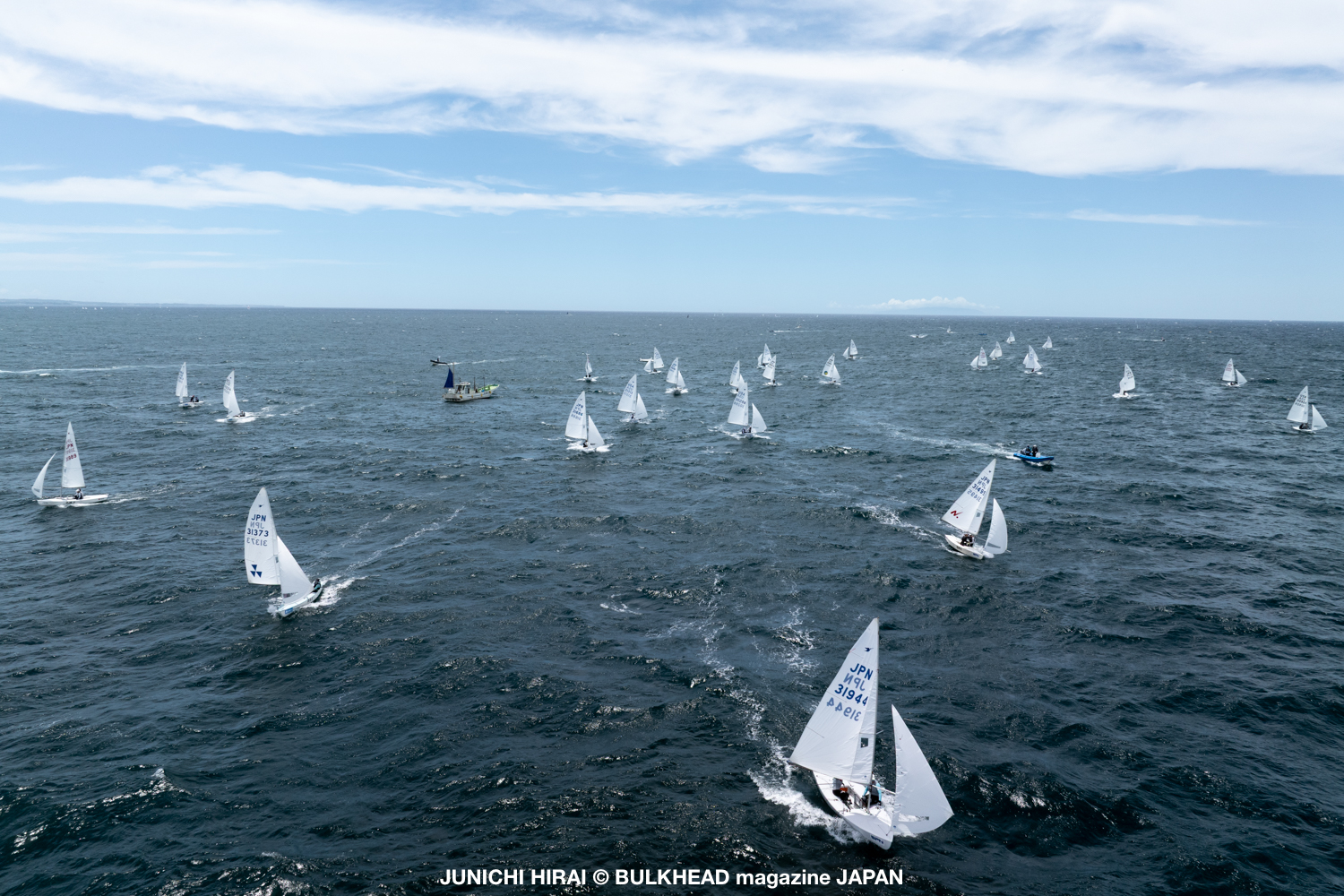
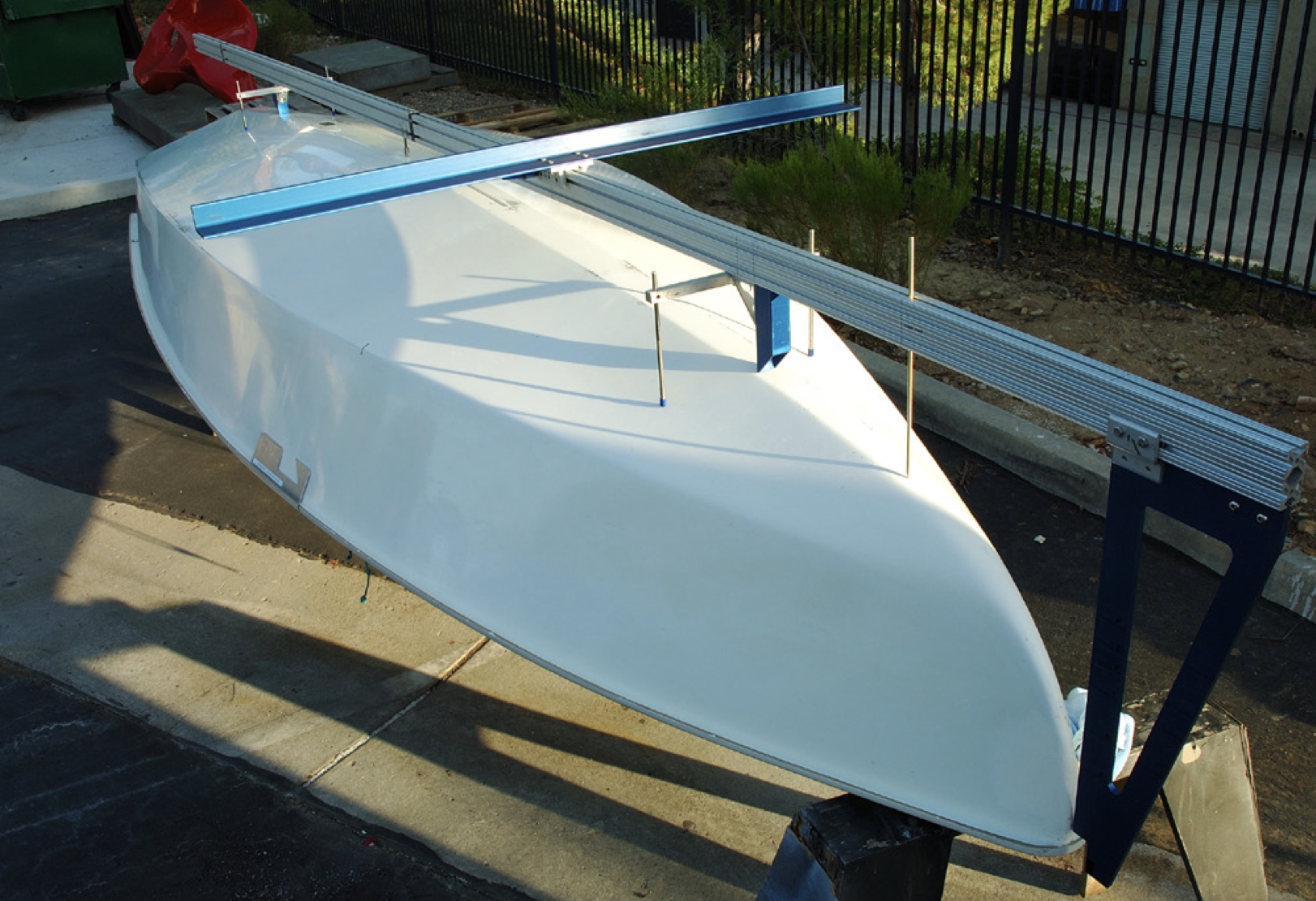

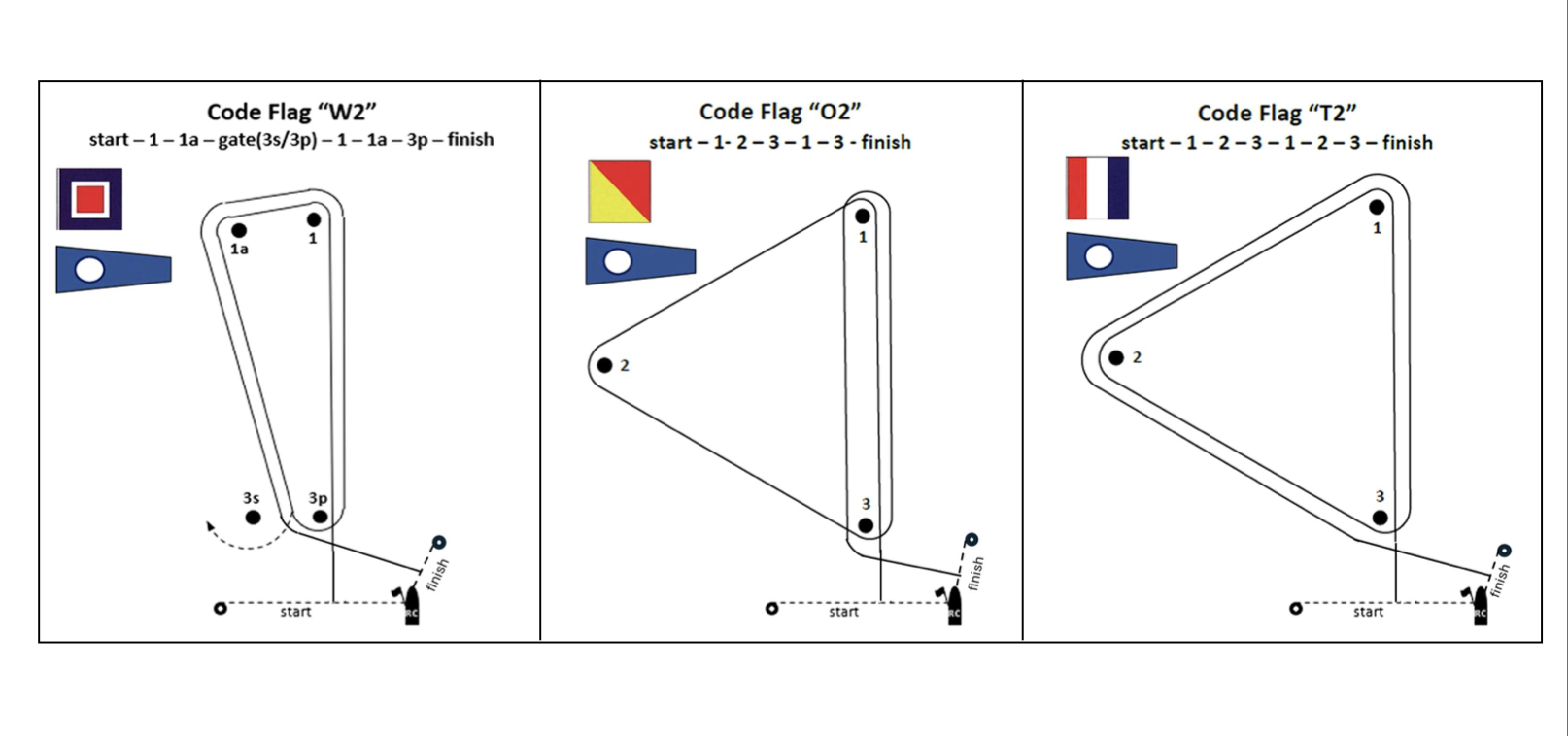
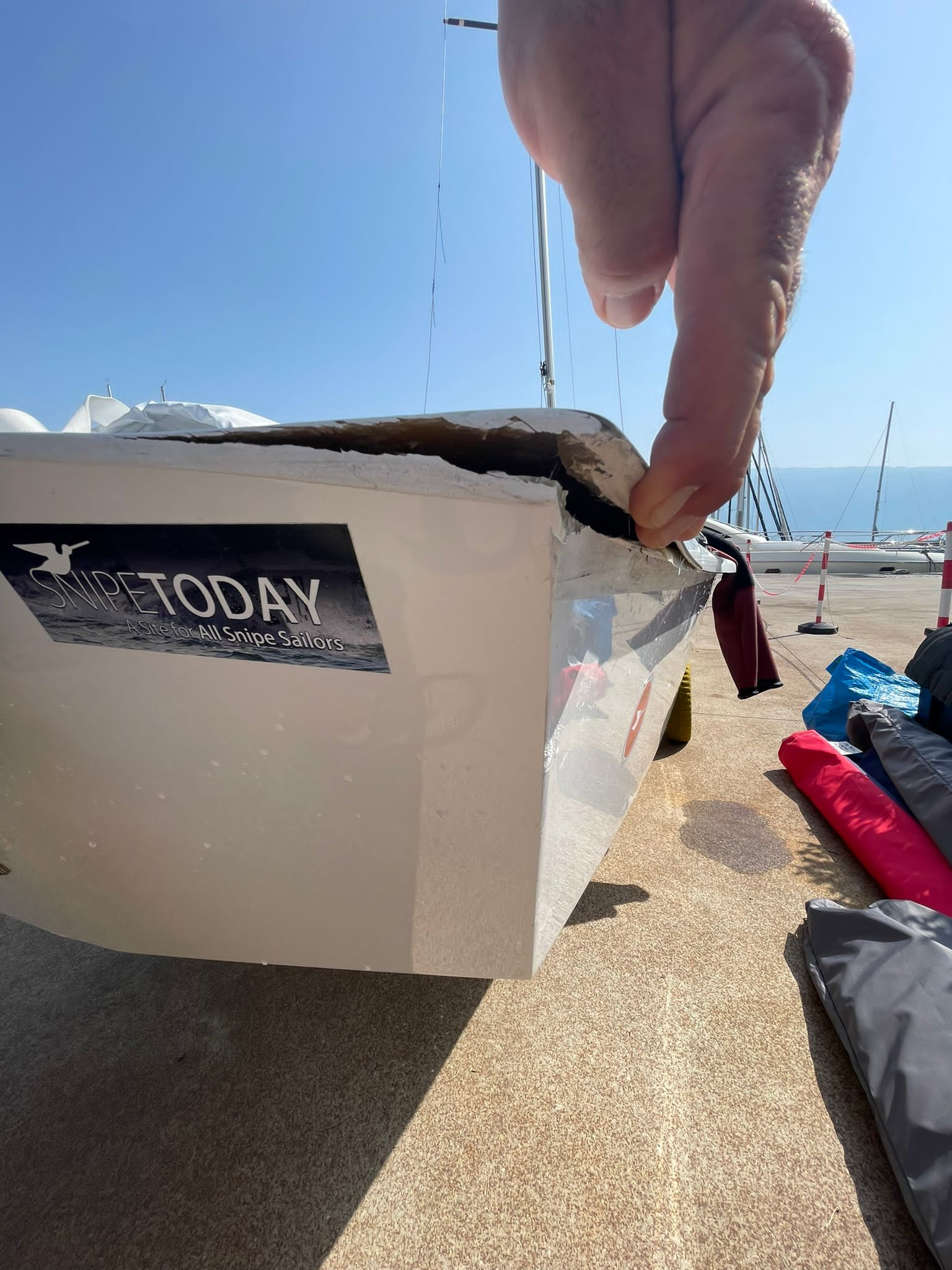
1 comment
Oliver Gayet
SCAIRA del Paraguay exists since 1974
The Yacht Club Ypacarai has the fleet N° 749
We just bought 2 snipes in Brasil last month soo the fleet is growing
Leave a reply
Your email address will not be published. Your comment will be revised by the site if needed.